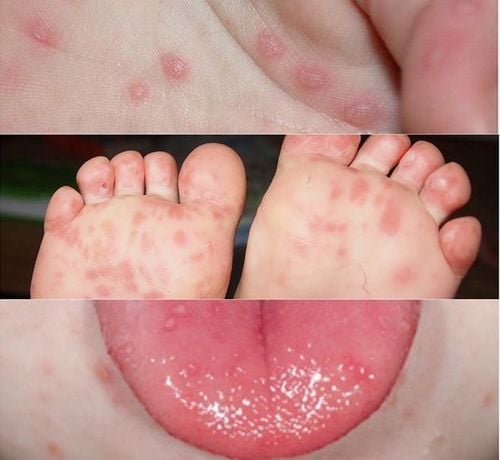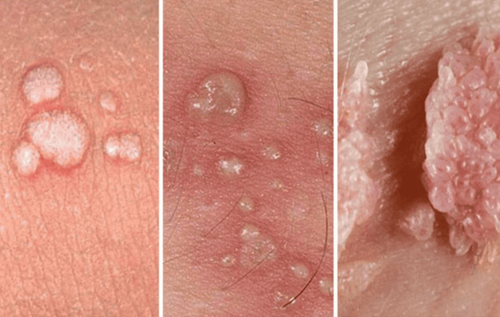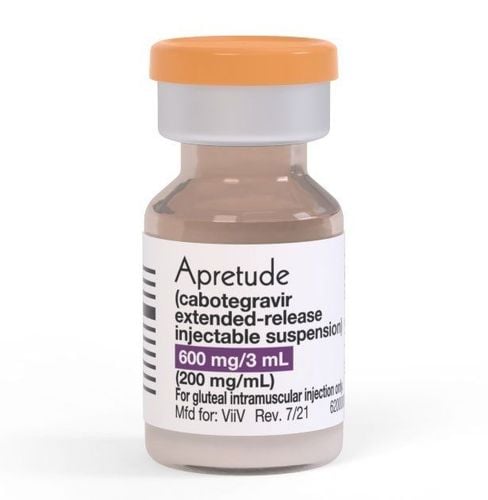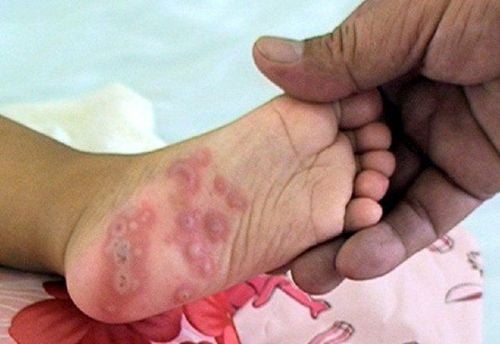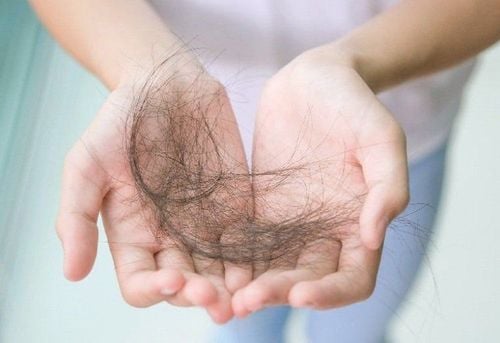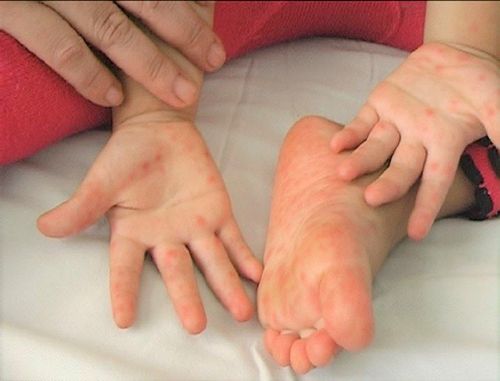This is an automatically translated article.
Hand, foot and mouth disease is an infectious disease that is common in children and spreads easily. The disease is likely to go away on its own after 5-7 days. However, if not properly treated, hand, foot and mouth disease can cause many dangerous complications and even death.In Ho Chi Minh City, the number of children with hand, foot and mouth disease in September 2019 was 6,573 children, doubling the number of cases in August.
1. Recognizing signs of severe hand, foot and mouth disease requiring hospitalization
Severe hand, foot and mouth disease can cause many dangerous complications, even death if not treated promptly. However, not all parents know the symptoms of the disease when they need to be hospitalized?
Medical experts recommend that, when seeing a child with hand, foot and mouth disease, parents need to take the child to the doctor as soon as possible to determine the extent of the disease and give the most appropriate treatment plan. In addition, parents should also pay attention to the following symptoms of severe hand, foot and mouth disease:
Continuous crying: When hand, foot and mouth disease, the child may cry all night or sleep for 15-20 minutes wake up and cry constantly. Many parents believe that children cry because of pain from sores in the mouth. But in fact, this is a warning sign of neurotoxicity at an early stage.
Continuous high fever that does not go down: When hand, foot and mouth disease in children becomes severe, the child may have a fever above 38.5 degrees Celsius continuously for more than 48 hours and does not work with paracetamol. This warns a very strong level of inflammation in the child's body leading to neurotoxicity. At that time, the child needs to be given a special fever-reducing medicine containing Ibuprofen as prescribed by the doctor.
Or startle: This is a warning sign of neurotoxicity. Parents need to pay attention to how often their child is startled, even when the child is playing.
If the child shows one of the above 3 symptoms, parents need to take the child to a reputable medical facility for timely treatment.
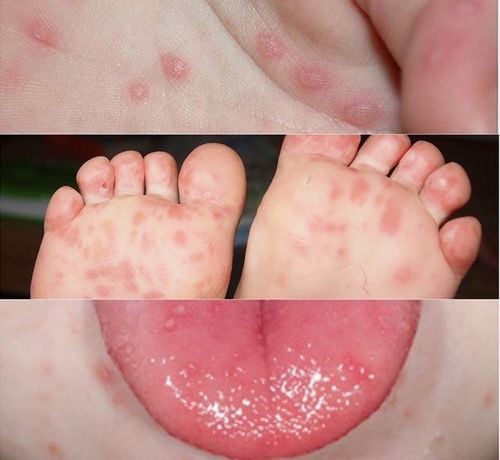
Bệnh tay chân miệng nặng có thể gây ra nhiều biến chứng nguy hiểm đến tính mạng của trẻ
2. Dangerous complications of hand, foot and mouth disease
Manifestations of hand, foot and mouth disease are easy to recognize if you pay attention. These are 2 - 10 mm water bubbles floating on the surface of the child's skin, gray, oval in shape. Blisters appear on the buttocks, knees, palms, and soles of the feet and are usually painless. Blisters can also appear in the mouth and when broken, cause sores in the mouth that cause pain and salivation.
The child may have a low-grade fever, fussiness due to mouth sores, loss of appetite, vomiting, and diarrhea when the blisters begin to float or when the blisters have deflated.
Most cases of the disease will go away on their own, but if the disease is caused by enterovirus 71, this agent is dangerous, because it can lead to hand, foot, and mouth disease complications that can lead to death such as:
Complications Neurological causes meningitis, brain stem inflammation Respiratory and circulatory complications: myocardial damage, heart failure, cardiovascular collapse, acute pulmonary edema and rapid death.
3. Signs of hand, foot and mouth complications
Depending on disease manifestations and complications, hand, foot and mouth disease is classified into different levels:
Level 1: Only mouth ulcers or skin lesions
Level 2 includes:
Level 2A: slight startling more than 2 times every 30 minutes, fever more than 2 days or high fever over 39 degrees C, vomiting, lethargy... Grade 2B: startle more than 2 times every 30 minutes, high fever over 39 degrees C antipyretic drugs do not work, limbs begin to shake, shivering, sitting unsteadily, walking unsteadily, vomiting a lot, voice changes... Level 3: weak limbs, mental paralysis cranial nerve, convulsions, impaired consciousness, coma Grade 4: acute pulmonary edema, hypertension, cardiovascular collapse. At level 1, the child can be treated at home, but from level 2 onwards, parents need to take the child to the hospital for treatment. It is important for parents to detect early signs of complications of hand, foot and mouth disease in order to promptly take their children to the doctor for treatment and avoid dangerous complications to the health and life of their children.

Khi phát hiện sớm các dấu hiệu biến chứng bệnh tay chân miệng cần khẩn trương đưa con đi khám và điều trị
4. Hand, foot and mouth disease transmission forms
Cases of hand, foot and mouth disease are contagious within the first week of illness. However, the disease can still be contagious for weeks after symptoms disappear. Some people, especially adults, who are infected with the virus that cause illness may not have any symptoms. They can still spread the virus to others, the virus can be spread through the following ways:
Close contact, such as hugging, kissing, or sharing bowls and eating utensils Through inhalation: Coughing and sneezing Vapor Contact with feces: May occur during diaper changes Contact with pus when blisters appear on the skin that break off Touching surfaces contaminated with the virus.
5. Actively prevent hand, foot and mouth disease
Actively prevent hand, foot and mouth disease by maintaining good personal hygiene:
Wash your hands often with soap and water several times a day (both adults and children), especially after changing diapers, after go to the toilet, before and after taking care of children, before eating and preparing food, after coming into contact with sick people... Practicing good eating and drinking hygiene: eating cooked food, drinking boiling water; eating utensils must be washed before use (preferably soaked in boiling water); ensure the use of clean water in daily activities; do not give food to children; do not let children eat, suck, suck on toys; do not allow children to share eating utensils or handle toys that have not been disinfected Regularly Disinfect tools or daily contact surfaces such as toys, school supplies, doorknobs, stair handrails, tables/chairs, floors with soap or common cleaning agents Avoid contact with sick or suspected sick children Use clean restrooms, patient feces and waste must be collected and pour into the toilet then clean with detergents, ensure safety not to spread disease. Observing and detecting signs of suspected hand, foot and mouth disease in children, parents need to take their children to the doctor, take prescribed medicines, clean and take proper care to avoid dangerous complications to their health as well as their health. children's lives.
Pediatrics department at Vinmec International General Hospital is the address for receiving and examining diseases that infants and young children are susceptible to: viral fever, bacterial fever, dengue fever, bronchitis , pneumonia, hand, foot and mouth disease in children, .... With modern equipment, sterile space, minimizing the impact as well as the risk of disease spread. Along with that is the dedication from the doctors with professional experience with pediatric patients, making the examination no longer a concern of the parents.
Please dial HOTLINE for more information or register for an appointment HERE. Download MyVinmec app to make appointments faster and to manage your bookings easily.




